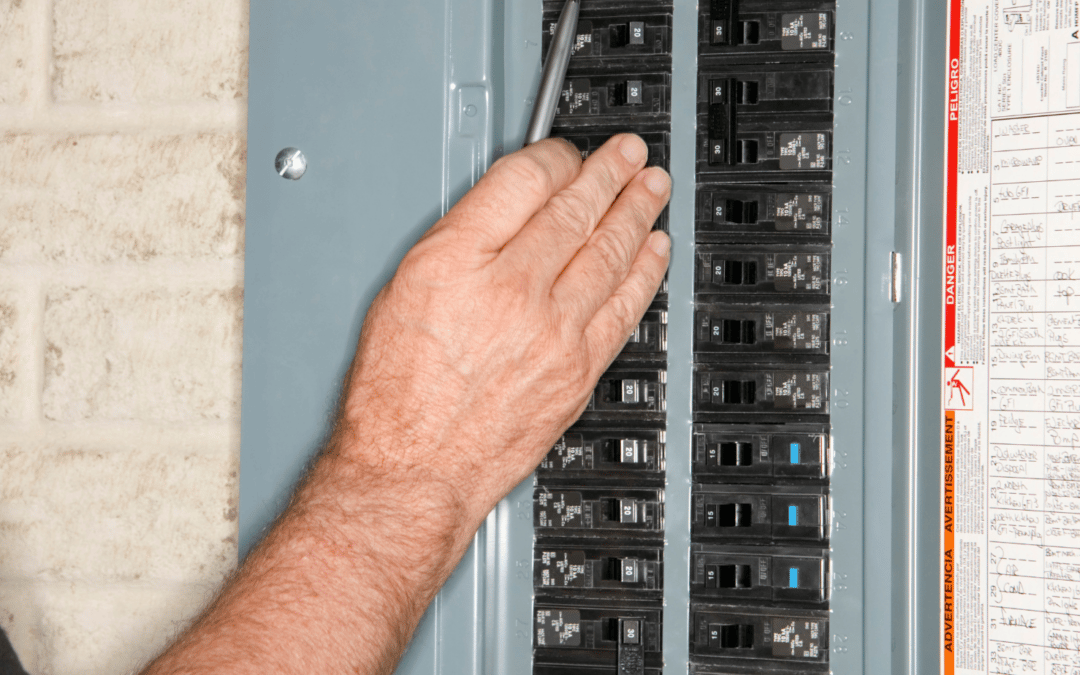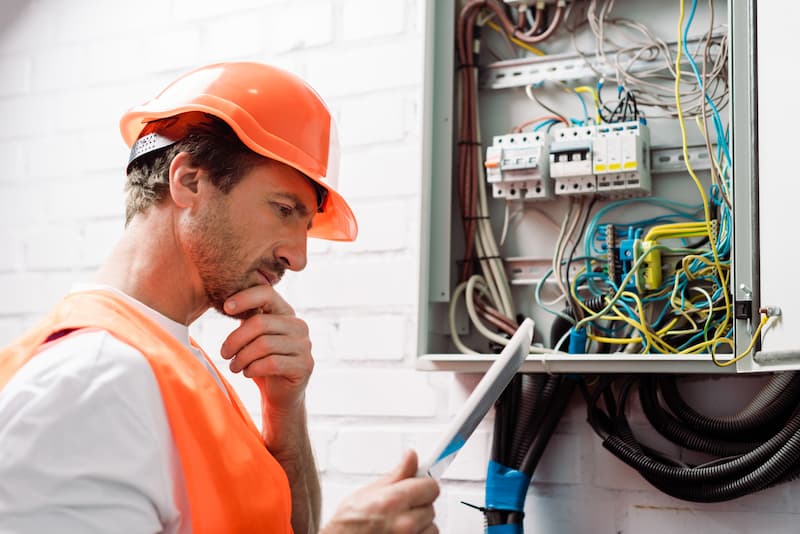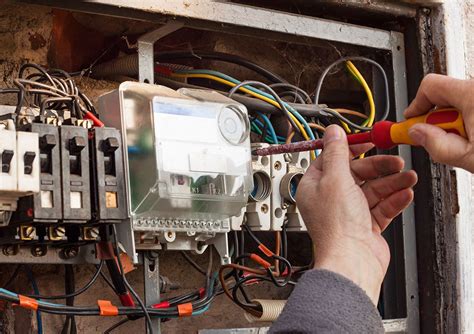Leading Tips for Effective Electrical System Troubleshooting
Troubleshooting electrical systems requires a methodical technique, grounded in a thorough understanding of electrical principles and safety protocols. By familiarizing oneself with circuit parts, utilizing necessary tools, and sticking to a structured evaluation approach, professionals can properly determine and resolve problems. However, the subtleties of efficient fixing prolong beyond simple technological knowledge; understanding exactly how to document findings and focus on security can significantly influence results. As we discover these crucial aspects better, it ends up being clear that mastering this procedure is not just beneficial yet necessary for success in the area.
Understand the Fundamentals
Comprehending the essentials of electrical systems is vital for reliable troubleshooting, as a solid structure allows specialists to identify and resolve issues a lot more successfully. An extensive grasp of electrical principles, such as voltage, present, resistance, and power, is essential in identifying the origin of issues. Voltage is the electric potential difference that drives present with a circuit, while resistance opposes the circulation of existing, impacting the total capability of the system.
Knowledge with circuit parts, including resistors, capacitors, diodes, and switches over, is also vital. Each part plays an unique duty in circuit habits and can affect performance when malfunctioning. In addition, understanding collection and parallel circuit setups is important, as these plans influence the distribution of voltage and existing within the system.
Professionals need to be aware of possible risks, such as shock and short circuits, to execute secure troubleshooting techniques. By mastering these foundational ideas, specialists boost their capability to carry out effective diagnostics and fixings, ultimately leading to boosted efficiency and reliability of electrical systems (electrical system troubleshooting).
Gather Necessary Tools
Reliable troubleshooting of electrical systems needs the right collection of tools to diagnose and fix issues accurately. Crucial devices consist of a multimeter, which measures voltage, present, and resistance, enabling for accurate assessments of electrical elements.
Additionally, shielded hand devices such as screwdrivers, pliers, and wire strippers are vital for securely adjusting electric connections. It is additionally suggested to have a circuit tester on hand to validate the visibility of voltage in electrical outlets and wires. For more facility systems, a thermal imaging cam can help spot overheating components, suggesting prospective failures.

Comply With a Methodical Technique
Having actually gathered the appropriate devices, the next step in fixing electric systems is to adhere to a systematic approach. A systematic approach makes sure that technicians can determine faults effectively and accurately, reducing downtime and preventing unnecessary repair services.
Begin by reviewing browse this site the system's schematic diagrams and specifications. This involves checking each component systematically, beginning from the power resource and functioning towards the load.
Use screening devices, such as multimeters and oscilloscopes, to collect objective information about voltage, current, and resistance at different points within the system. This empirical evidence will certainly direct your troubleshooting efforts and aid to verify or get rid of possible reasons for failure.
Additionally, take into consideration ecological aspects that might influence the system's performance, such as temperature level changes or dampness ingress. A thorough evaluation of wiring, connections, and parts will guarantee that all possibilities are represented.
Document Your Searchings For
Detailed paperwork is crucial in the repairing procedure of electrical systems. This technique not just help in understanding the root reason of the issue but likewise offers as a referral for future repairing initiatives.

Additionally, keeping a log of parts changed or repairs done is invaluable. This information sustains stock monitoring and can help examine the durability and reliability of particular elements.
Ultimately, Visit This Link the documentation procedure should be detailed yet succinct, allowing simple access and evaluation - electrical system troubleshooting. By prioritizing thorough paperwork, technicians can develop a beneficial data base that not only aids in existing troubleshooting however likewise empowers future maintenance initiatives, therefore improving overall system integrity

Prioritize Safety And Security Measures
Recognizing the fundamental threats connected with electrical systems is crucial for ensuring safety and security during troubleshooting. Electrical shock, burns, and equipment damages are simply a few of the prospective hazards that professionals encounter. Focusing on security steps is not just a legal responsibility yet additionally an ethical vital that safeguards both the specialist and the surrounding setting.
Prior to commencing any type of troubleshooting task, specialists must put on suitable personal safety devices (PPE), consisting of insulated gloves, security glasses, and flame-resistant clothes. Making certain that the workplace is completely dry and totally free of clutter can significantly decrease the danger of crashes. Additionally, it is vital to de-energize circuits before beginning any kind of work, verifying that they are not live via using a multimeter or voltage tester.
Establishing clear communication protocols with employee is additionally important; this makes certain that everyone knows prospective hazards and the condition of the electric system being worked with. Having an emergency feedback plan in location can confirm important in the event of an event. By prioritizing precaution, technicians can properly reduce risks and foster a much safer work environment.
Verdict
Effective electric system fixing counts on a thorough understanding of fundamental principles and a methodical technique. Focusing on safety and security procedures guarantees the well-being of people involved and the integrity of the electrical system.
Comments on “Ensure seamless compliance through specialized regulatory compliance assistance.”